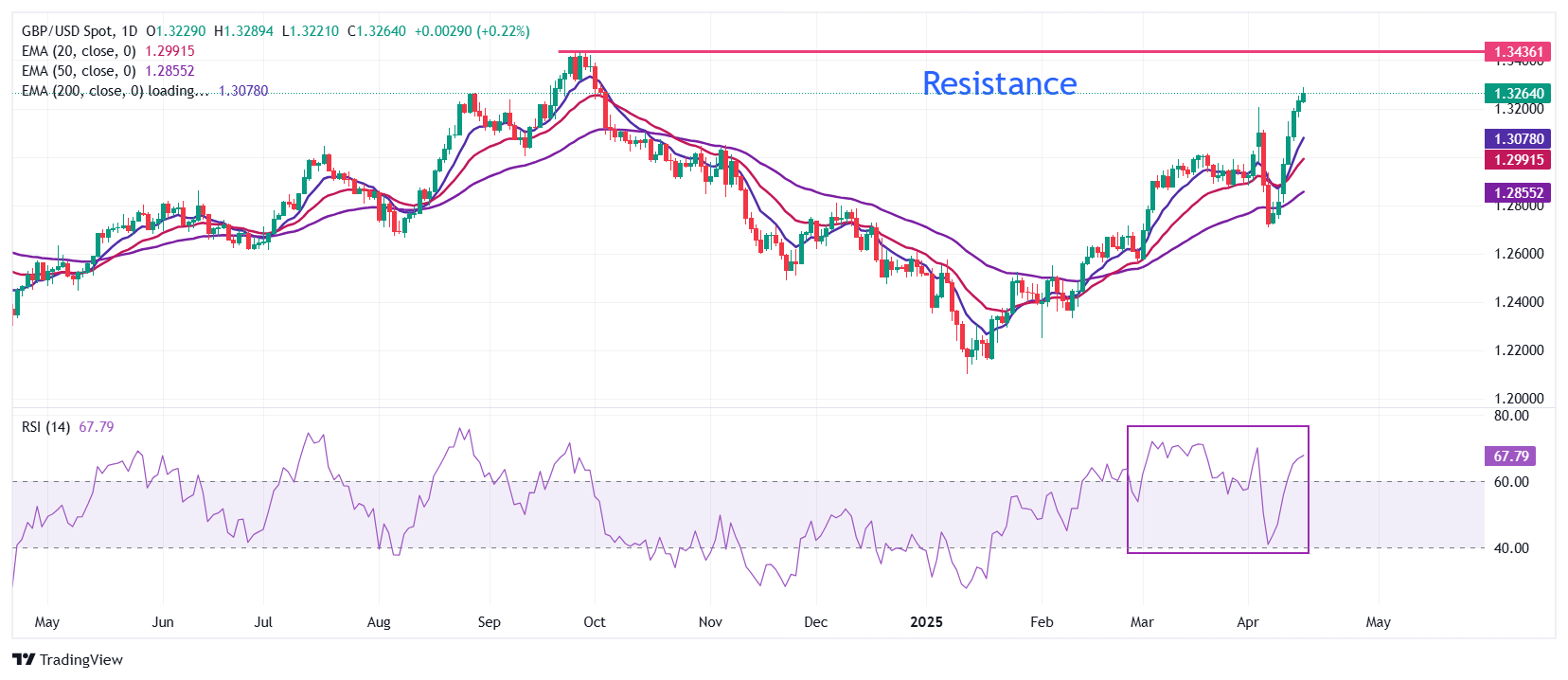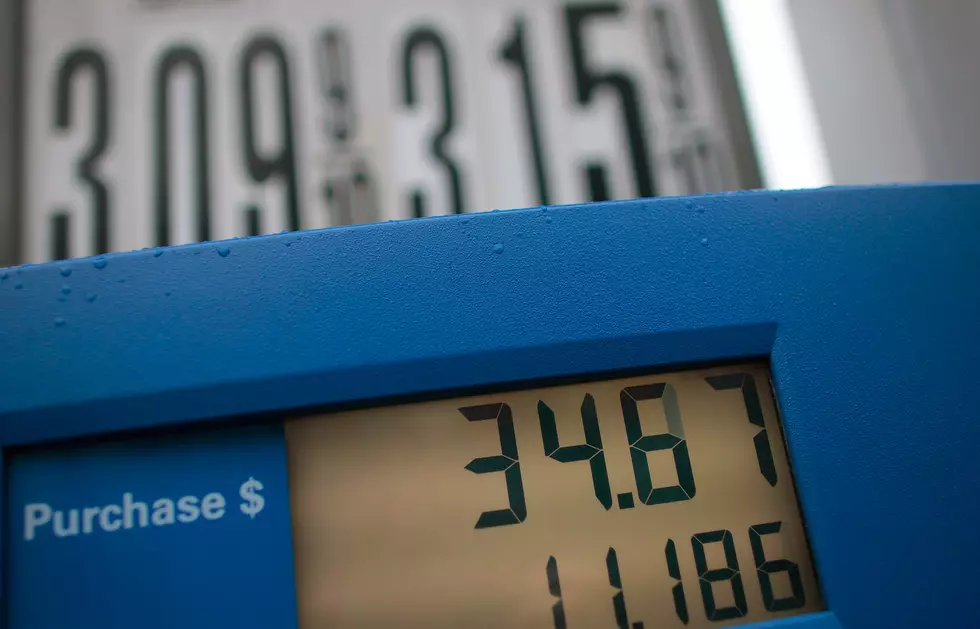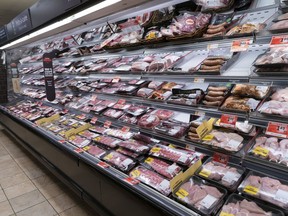Analysis: UK Inflation, BOE Rate Cut Bets, And The Pound's Reaction

Table of Contents
Current State of UK Inflation
The UK is currently grappling with a significant cost of living crisis fueled by persistently high inflation. The Consumer Price Index (CPI), a key measure of inflation, has remained stubbornly elevated, exceeding the Bank of England's target of 2%. Recent data shows [insert current CPI data and source], highlighting the ongoing inflationary pressures affecting UK households.
Factors contributing to this high UK inflation rate are multifaceted:
- Energy Prices: Soaring energy costs, exacerbated by the global energy crisis and the war in Ukraine, have significantly impacted household budgets and overall inflation.
- Supply Chain Disruptions: Lingering supply chain bottlenecks continue to constrain production and drive up the prices of various goods.
- Wage Growth: While wage growth has increased, it hasn't kept pace with inflation, leaving many households with reduced purchasing power.
- Imported Inflation: The weakening pound has increased the cost of imported goods, adding further inflationary pressure.
Besides CPI, the Retail Price Index (RPI), another inflation measure, provides a broader picture, incorporating housing costs, offering a different perspective on the inflation drivers affecting the UK. Analyzing both CPI and RPI data provides a more comprehensive understanding of the inflation landscape.
Market Expectations and BOE Rate Cut Bets
Market sentiment regarding future BOE interest rate decisions is currently [insert current market sentiment - e.g., cautiously optimistic, pessimistic, etc.]. The likelihood of a BOE rate cut hinges on several factors:
- Inflation Trajectory: The path of inflation will be the primary determinant of the BOE's actions. If inflation shows signs of easing persistently, rate cuts become more likely. Conversely, persistent high inflation may lead to further rate hikes.
- Economic Growth Forecasts: The health of the UK economy is another crucial factor. Slowing economic growth might prompt the BOE to consider rate cuts to stimulate economic activity. However, robust growth might allow the BOE to maintain or even increase interest rates to combat inflation.
- BOE Statements: Official statements from the Bank of England, particularly the minutes of Monetary Policy Committee (MPC) meetings, provide insights into the BOE's thinking and potential future actions, impacting market expectations regarding rate cut speculation.
The current interest rate forecast reflects the complex balancing act the BOE faces, weighing the need to control inflation against the risk of triggering a recession. The market's interpretation of these factors directly influences the BOE interest rate and the subsequent pound reaction.
The Pound's Reaction to Inflation and BOE Rate Cut Bets
The GBP exchange rate has a historical correlation with UK inflation and BOE monetary policy. Generally, higher inflation erodes the purchasing power of the pound, potentially weakening its value against other currencies. [Insert chart/graph illustrating the relationship between UK inflation and GBP exchange rate].
Expectations of BOE rate cuts often lead to a depreciation of the pound. This is because lower interest rates reduce the returns on UK assets, making them less attractive to foreign investors. This decreased demand for the pound subsequently lowers its value in the foreign exchange market, increasing currency volatility. Conversely, expectations of interest rate hikes usually strengthen the pound.
Future GBP volatility will depend significantly on:
- Future BOE Decisions: Unexpected rate cuts or hikes can lead to sharp movements in the pound's value.
- Inflation Data Releases: Surprising inflation figures, either higher or lower than expected, can significantly impact market sentiment and GBP exchange rates.
- Global Economic Conditions: Global economic events can also influence the pound's value independent of UK-specific factors.
The Interconnected Future of UK Inflation, BOE Policy, and the Pound
In conclusion, the relationship between UK inflation, BOE rate cut bets, and the pound's reaction is complex and dynamic. High inflation pressures the BOE to act, influencing market expectations and the subsequent movement of the GBP exchange rate. Monitoring these interconnected factors – UK inflation rate, BOE interest rate decisions, and market sentiment – is crucial for understanding and navigating the potential volatility in the UK economy and foreign exchange markets.
To stay informed and make informed decisions, continuously monitor UK economic data releases from the Office for National Statistics (ONS), and follow BOE announcements and statements closely. Understanding the interplay between UK inflation, BOE rate cuts, and the pound's reaction is crucial for navigating the current economic climate. Stay informed to effectively manage your financial exposure to these important factors.

Featured Posts
-
 Mid Hudson Valley Gas Prices A Sharp Increase
May 22, 2025
Mid Hudson Valley Gas Prices A Sharp Increase
May 22, 2025 -
 Chennai Wtt Indias Record Breaking 19 Paddler Team
May 22, 2025
Chennai Wtt Indias Record Breaking 19 Paddler Team
May 22, 2025 -
 Jesse James Dream Draft Day Making The Team
May 22, 2025
Jesse James Dream Draft Day Making The Team
May 22, 2025 -
 The Goldbergs Cast Characters And Enduring Appeal
May 22, 2025
The Goldbergs Cast Characters And Enduring Appeal
May 22, 2025 -
 Grocery Price Increases Three Months Of Above Average Inflation
May 22, 2025
Grocery Price Increases Three Months Of Above Average Inflation
May 22, 2025
